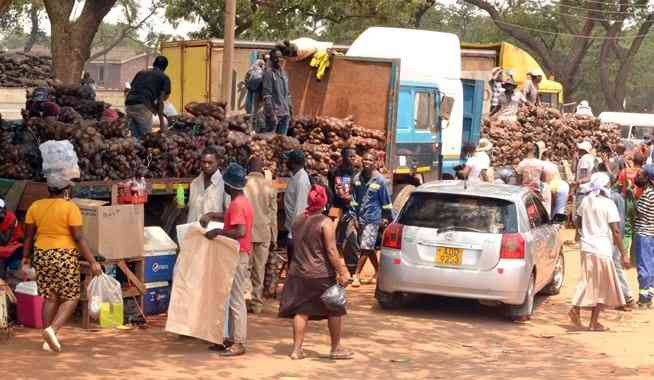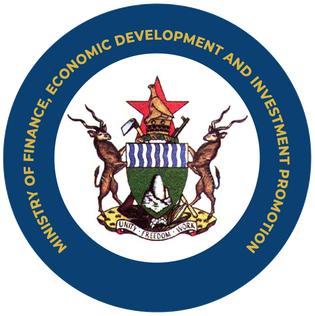
THE self-organised characteristics of African mass markets, information overload and the proliferation of digital communication platforms is compelling researchers to continuously revisit data collection methods.
Whereas in some contexts, generic questionnaires can be used to collect data, in African mass markets and farming communities, every variable should be qualified in order to obtain qualitative data. Making conclusions based on quantitative data alone can be misleading.
Challenges of combining digital tools with quantitative methods
While there is increasing use of digital software-driven data collection tools and methods such as Open Data Kit (ODK), a lot of adaptation is required to make these tools relevant for farmers, traders, food vendors and transporters.
For instance, vernacular languages that are used in African territorial markets may not be easily embedded into digital software tools. That means data collectors or researchers conversant with the vernacular languages have to transcribe, interpret and synthesise vernacular information into English or French. In addition, most researchers struggle to combine digital tools with closed quantitative questions in order to generate qualitative information. Where respondents wish to provide details on what is happening in mass markets, closed questions do not allow that to happen by limiting responses to yes/no answers.
When analysed, yes/no responses can reveal trends but the big picture comes from qualitative responses which provide a lot of contextual answers from a few farmers and traders. Besides the fact that yes/no answers may not generate useful conclusions, in African mass markets knowledge is interconnected and has no boundaries. Questions should flow into each other but that cannot be done through yes/no questions.
The beauty of qualitative methods
Another beauty of the qualitative approach is that it creates a conversational environment. On the other hand, quantitative inquiry forces researchers to assume feedback from the respondents ahead of time. The researcher may be trying to limit responses to one answer through yes/no questions but in the real world, all given choices may be correct in different contexts. For instance, in farming communities and African mass markets, a question like what factors do you consider in choosing a buyer can generate several correct responses from different farmers. One farmer can say s/he prefers a buyer who gives a good price but another farmer can say s/he prefers a buyer who is closer to the farm terms of distance.
- How African mass markets make productive use of gossip and the grapevine
- Time to revisit data collection methods — lessons from African mass markets
- Informality: An invitation to African universities and banks to do something with their knowledge
Keep Reading
One more farmer can even say s/he needs a buyer who is not too choosy in setting up stringent standards. That means the responses can be very contextual and determined by a value chain. A consumer or trader can say s/he prefers to buy small grains because they are more nutritious than other grains. All these diverse responses may not be generated by closed yes/no questions because these tend to leave many issues and questions unanswered. Quantitative feedback can also be correct in one context but totally different in another context. Depending on context, responses can be attached to local climate, cultural beliefs and poor infrastructure, among other factors.
The emerging power of audio recordings and voice intelligence
Audios recordings are becoming superior in capturing fluid conversations that dominate African farming communities and mass markets. Very few researchers are able to multi-task in the form of asking questions, writing notes and listening to a flowing conversation at the same time. This is where audios make a difference by allowing a researcher to record and mobilise collective voices that are key in shifting narratives and influencing funding towards grassroots movements like agroecology and indigenous commerce.
Audio recordings tap into voice intelligence in unique ways that cannot be achieved by text. Through audio recordings, conversational intelligence enables researchers, policymakers and service providers such as financial institutions to understand multiple reasons why conventional financial products are not ideal for smallholder farmers and mass markets. More importantly, audios are good at conveying the emotional dimension of knowledge which is often missing in written proposals and generic project reports.
- Charles Dhewa is a proactive knowledge broker and management specialist










